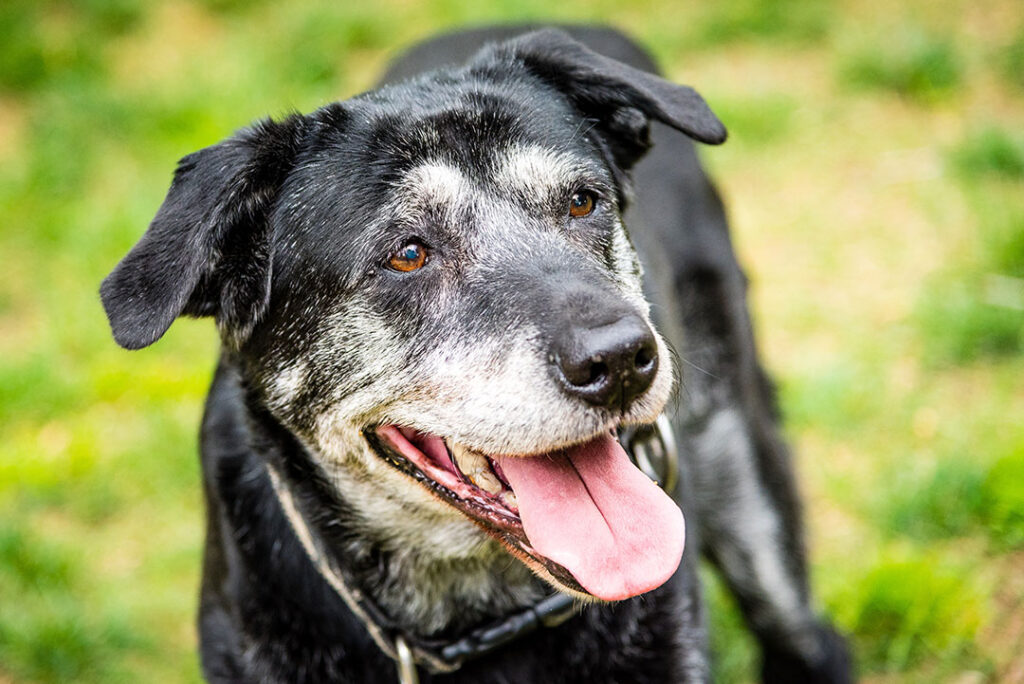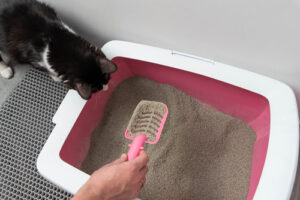What is Canine Cognitive Dysfunction?
As our beloved dogs grow older, they experience changes, just like humans do. Canine Cognitive Dysfunction (CCD) is a condition in older dogs that affects their brain, leading to changes in behavior, memory, and learning abilities. This blog aims to shed light on CCD, offering practical advice on how to support your aging dog and why it’s important to keep in touch with your vet.
Recognizing the Signs of Aging in Dogs
As your dog ages, you might notice certain changes. These can include confusion, disrupted sleep patterns, less interaction with family members, and changes in toilet habits. It’s important to understand these changes can be more than just signs of aging; they could indicate CCD.
Importance of Regular Vet Check-ups
Regular check-ups with your veterinarian are vital. They can help identify early signs of CCD and advise on the best course of action. If you notice any unusual behavior in your dog, Montgomery Veterinary Associates is here to help. Schedule an appointment with our team online or by phone.
Supporting Your Dog Through Changes
Creating a Comfortable Environment
As your dog gets older and possibly faces CCD, creating a comfortable and familiar environment is key. This includes keeping a consistent routine, providing comfortable bedding, and ensuring their living area is safe and easy to navigate.
Mental and Physical Stimulation
Keeping your dog mentally and physically active is important. Simple games, gentle exercises, and even short, regular walks can make a big difference. Adapting these activities to suit your dog’s changing abilities is essential.
Choosing the Right Food
As dogs age, their dietary needs change. Opting for food that’s specifically formulated for senior dogs can provide the right balance of nutrients. Montgomery Veterinary Associates can help you choose the best diet for your dog’s specific needs.
Importance of Hydration
Staying hydrated is crucial for aging dogs, especially those with CCD. Always ensure your dog has access to fresh, clean water. If you notice changes in their drinking habits, it’s a good idea to consult with your vet.
Managing Medical Needs
Regular Medication and Supplements
If your dog is prescribed medication or supplements for CCD or other age-related conditions, it’s important to administer these as directed by your vet. Regular vet check-ins with Montgomery Veterinary Associates can help keep track of your dog’s health needs.
Understanding Treatment Options
There are various treatment options for CCD, including medications, dietary supplements, and lifestyle changes. Your vet at Montgomery Veterinary Associates can provide the best advice tailored to your dog’s condition.
Signs that Need Veterinary Attention
If you notice significant changes in your dog’s behavior, appetite, or overall health, it’s time to seek professional help. Early intervention can make a big difference in managing CCD and ensuring your dog’s comfort.
How Montgomery Veterinary Associates Can Help
Montgomery Veterinary Associates offers expert advice and care for aging dogs. We understand the challenges of CCD and can provide support and treatment options to help manage the condition. Schedule an appointment to discuss your concerns and get personalized advice for your dog.
Final Thoughts
Watching our dogs age can be challenging, but understanding and managing conditions like Canine Cognitive Dysfunction can greatly improve their quality of life. It’s important to stay informed, be attentive to changes, and maintain regular contact with your veterinarian. Montgomery Veterinary Associates is here to support you every step of the way. For more information or to schedule an appointment, fill out our online form or give us a call.
Remember, your aging dog still has a lot of love to give and, with the right care and attention, can continue to be a joyful part of your life. Keep an eye on their health, adapt to their changing needs, and always seek professional advice when needed. Together, we can make their golden years comfortable and happy.






